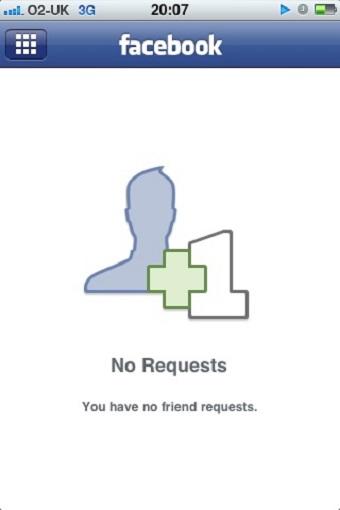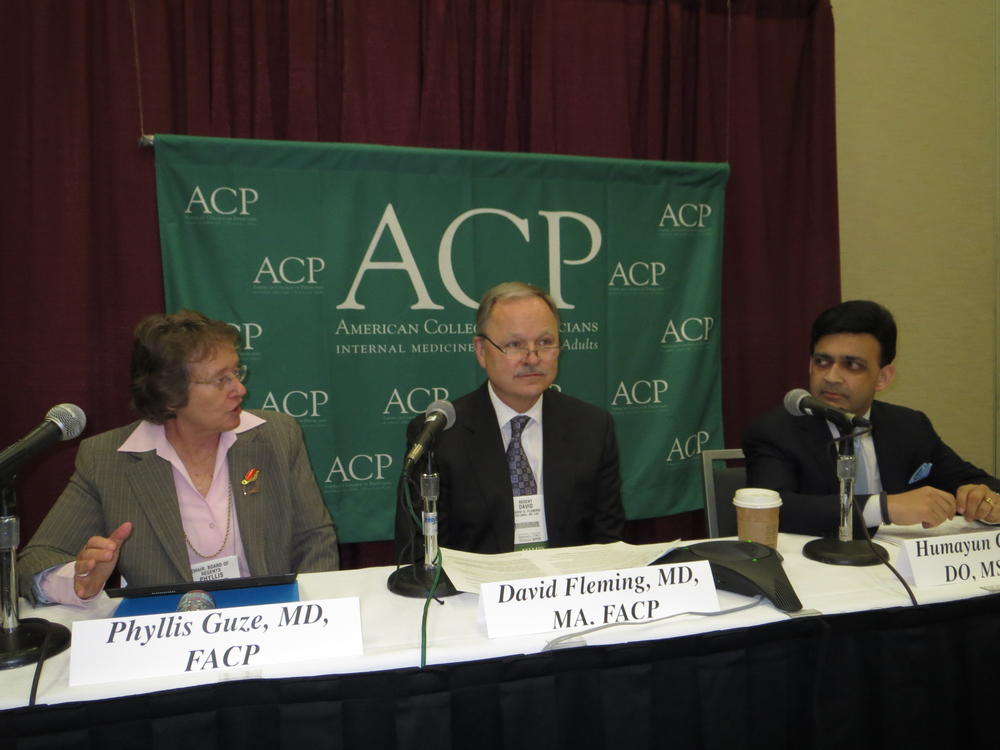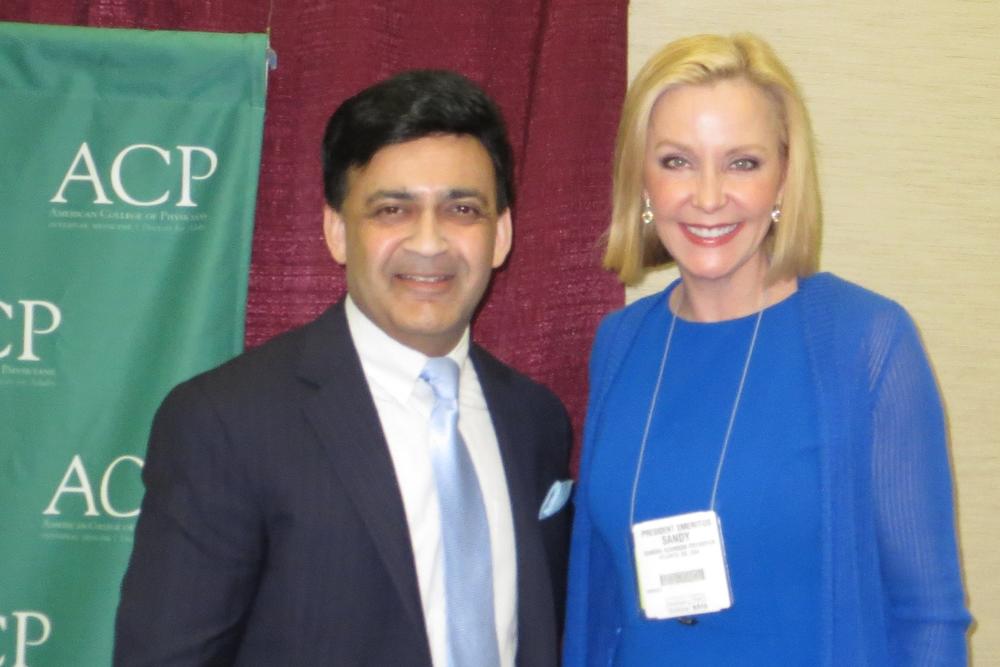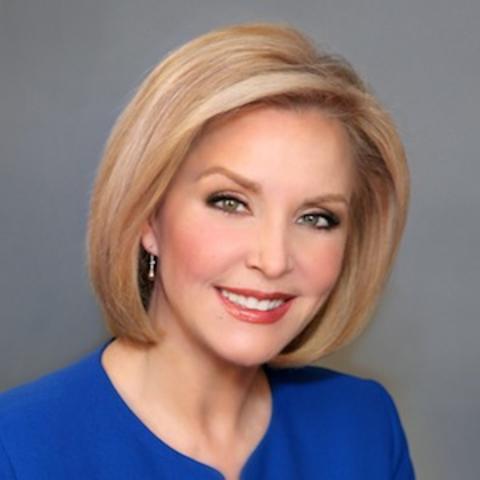
Section Branding
Header Content
More Than Just Friends?
Primary Content

Don’t be surprised if your doctor won’t "friend" you on Facebook.
It doesn't mean your doctor doesn't like you –
It’s because a new policy report from ACP- the American College of Physicians- and the Federation of State Medical Boards advises them not to.
The policy paper, published in the Annals of Internal Medicine, was unveiled at Internal Medicine 2013- ACP’s annual meeting. The paper takes a closer look at doctor/patient relationships in social media and other interactions, such as blogs.

ACP Panel
These professional organizations say "friending" patients blurs personal/professional boundaries. They stress the importance of separating professional from personal in your on-line presence. Professional profiles are acceptable. Doctors' pages on sites such as Facebook and Twitter should have strict privacy settings to limit patient access, unless dedicated strictly as a professional page or community outreach tool.
Friending is not all the policy paper says doctors shouldn't do.
They also recommend against short messaging services, text messaging and instant messaging, even for established patients. This technology can present unintended expectations of immediate access (and answers). Because text messages are usually short and often abbreviation-filled, they also increase the odds the message could be misconstrued.
E-mail is the best option if doctors and patients must communicate electronically; it creates an automatic record.
The policy paper also reminds doctors to "pause before posting"- good advice for everyone.
It advises against "airing frustrations" and “venting”- even in on-line forums.
Some may consider this censorship. These organizations think it is careful communication.
Remember postings on the internet are archived so they are essentially permanent.
It’s all about staying connected without crossing the line.

Left to right: Drs. Fleming, Fryhofer, and Guze

Drs. Chaudhry and Fryhofer
Don’t be surprised if





